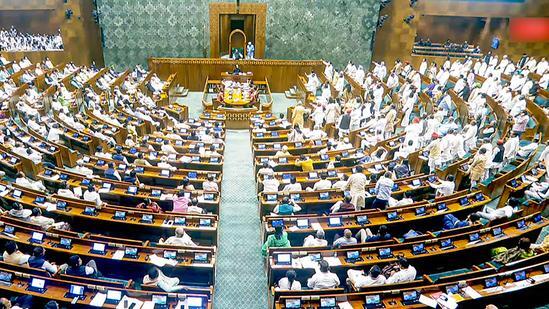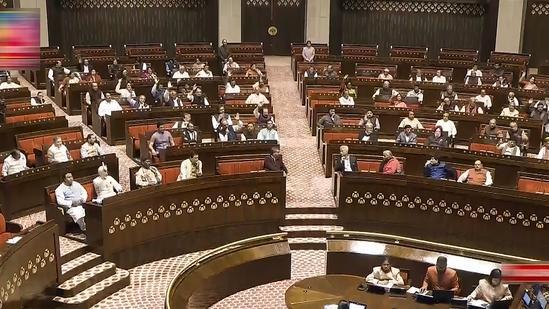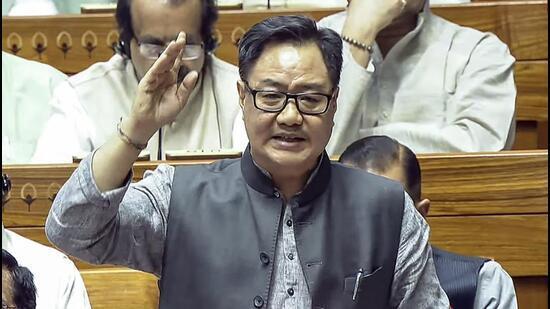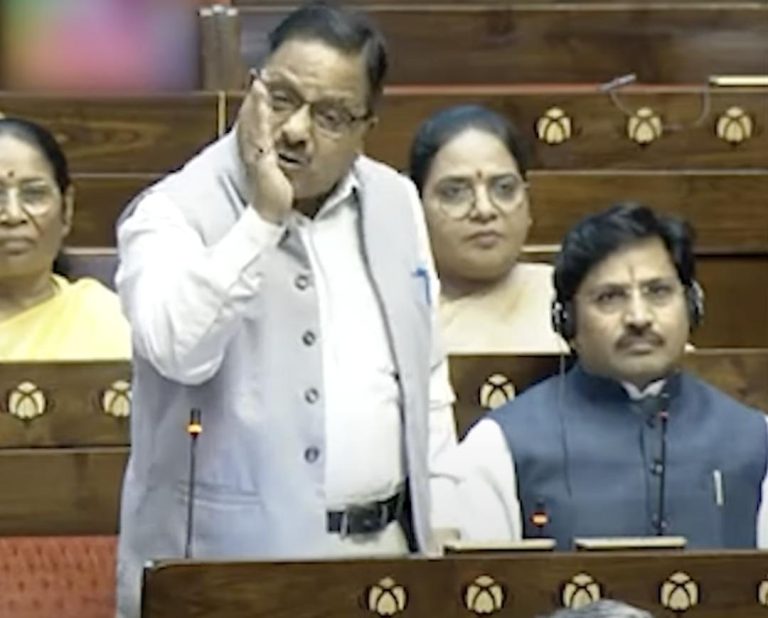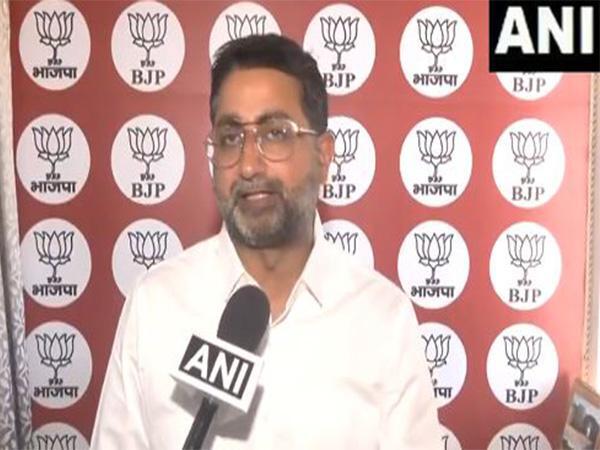
Parties Ignoring Muslims’ Welfare: BJP’s Danish Azad on Waqf Bill
In a recent development, Uttar Pradesh Minister Danish Azad Ansari has sparked controversy by stating that some political parties are overlooking the welfare of the Muslim community for their personal gains by opposing the Waqf Amendment Bill. The Minister’s remark has raised eyebrows, with many questioning the motives behind the opposition to the bill. In this blog post, we will delve into the details of the Waqf Amendment Bill, its significance, and the reactions of political parties to this development.
The Waqf Amendment Bill is a proposed legislation that aims to reform the Waqf Act, 1995, which deals with the management and administration of Muslim religious properties. The bill seeks to empower the Waqf board, which is responsible for managing these properties, to take decisions independently without interference from the government or any other external agencies. The bill also aims to increase transparency and accountability in the management of these properties.
The BJP-led government in Uttar Pradesh has been pushing for the passage of the Waqf Amendment Bill, with Danish Azad Ansari, the Minister in charge of Waqf, defending the bill as a crucial step towards the development of the Muslim community. Ansari has claimed that the bill will help to ensure the welfare and well-being of the Muslim community by providing them with greater control over their religious properties.
However, the opposition to the bill has been vocal, with many political parties and organizations criticizing the bill as an attempt to dilute the Waqf Act and undermine the rights of Muslims. The opposition parties have accused the BJP government of trying to exploit the religious sentiments of Muslims for political gain.
In a statement, Danish Azad Ansari has said that some political parties are opposing the Waqf Amendment Bill because they are overlooking the welfare of the Muslim community for their personal gains. Ansari has also claimed that the majority of Muslims in the country are with Prime Minister Narendra Modi and his government, and that they support the bill.
The opposition to the bill has been led by the Samajwadi Party (SP), the Bahujan Samaj Party (BSP), and the Congress, among others. The SP has accused the BJP of trying to divide the Muslim community on religious lines, while the BSP has claimed that the bill is an attempt to undermine the rights of Muslims.
The Congress has also criticized the bill, saying that it is a part of the BJP’s larger strategy to polarize the electorate along religious lines. The party has accused the BJP of trying to exploit the religious sentiments of Muslims to garner votes.
The Waqf Amendment Bill has also been criticized by some Muslim organizations, who have accused the government of trying to hijack the Waqf properties for its own gain. The organizations have also claimed that the bill is an attempt to undermine the autonomy of the Waqf boards and to bring them under the control of the government.
In conclusion, the Waqf Amendment Bill has sparked controversy in Uttar Pradesh, with the BJP government defending the bill as a crucial step towards the development of the Muslim community, while the opposition has accused the government of trying to exploit the religious sentiments of Muslims for political gain. The bill has also been criticized by some Muslim organizations, who have accused the government of trying to hijack the Waqf properties for its own gain.
It is essential to note that the bill is still in the process of being tabled in the legislative assembly, and its fate remains uncertain. However, the controversy surrounding the bill has already sparked heated debates and discussions, with many questioning the motives behind the opposition to the bill.
As we move forward, it is crucial to remember that the Waqf Amendment Bill is not just a piece of legislation, but a symbol of the complex web of relationships between religion, politics, and governance. The bill has the potential to change the way Muslim religious properties are managed and administered, and its passage or rejection will have far-reaching implications for the Muslim community in India.
Sources:
